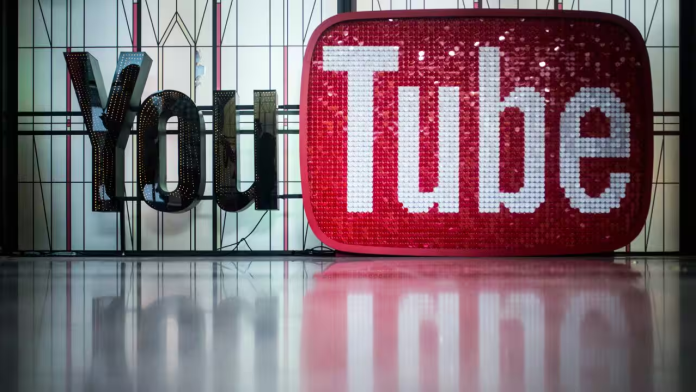In a significant policy reversal, the Australian government has confirmed YouTube will be subject to its pioneering social media age restrictions, requiring the platform to prevent children under 16 from holding accounts starting 10 December this year, according to AP News.
Communications Minister Anika Wells unveiled updated rules defining “age-restricted social media platforms,” explicitly including the video-sharing giant despite its previous exemption when legislation passed Parliament in November 2024 targeting Facebook, Instagram, Snapchat, TikTok, and X.
Platforms failing to implement steps to exclude underage users face substantial civil penalties reaching AU$50 million ($33 million), according to the government statement. Minister Wells defended the decision amidst YouTube’s objections, citing compelling domestic evidence:
“The evidence cannot be ignored that four out of 10 Australian kids report that their most recent harm was on YouTube. We will not be intimidated by legal threats when this is a genuine fight for the wellbeing of Australian kids.”
While children under 16 will retain access to view YouTube content, they will be prohibited from creating or maintaining personalised accounts. The government confirmed platforms cannot compel users to upload sensitive identification documents like passports or driving licences for age verification. Instead, providers must leverage alternative methods, likely drawing upon their extensive user data histories.
“These platforms know with deadly accuracy who we are, what we do and when we do it. And they know that you’ve had a Facebook account since 2009, so they know that you are over 16,” Wells said.
Services escaping the ban include online gaming platforms, messaging applications, and educational or health-related apps. These exemptions stem from government assessments deeming them comparatively lower-risk environments for young users.
The legislation targets harms specifically linked to manipulative platform designs, termed “dark patterns” in behavioural research, which can foster addictive behaviours, disrupt sleep, contribute to social isolation, impair mental health, diminish life satisfaction, and expose minors to inappropriate content.
Prime Minister Anthony Albanese positioned the decision within a broader international context, revealing Australia will advocate for similar child protection measures at a United Nations forum in New York this September.
“I know from the discussions I’ve had with other leaders that they are looking at this and they are considering what impact social media is having on young people in their respective nations. It is a common experience. This is not an Australian experience,” Albanese emphasised, highlighting global concern over social media’s impact on youth wellbeing.
Despite lacking the final report, authorities are proceeding based on documented harms and plan deep consultation throughout 2025 to refine implementation guidelines before the December deadline.
